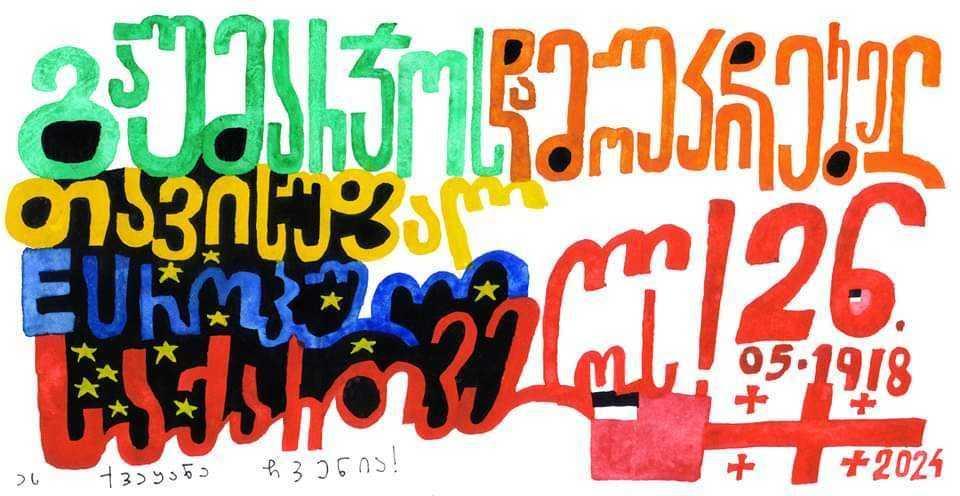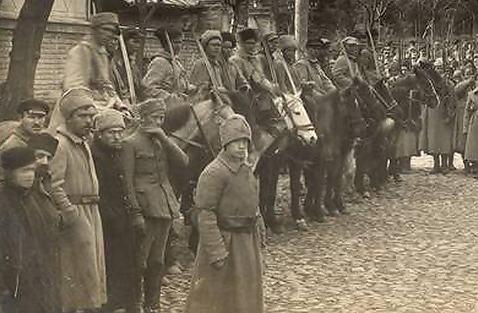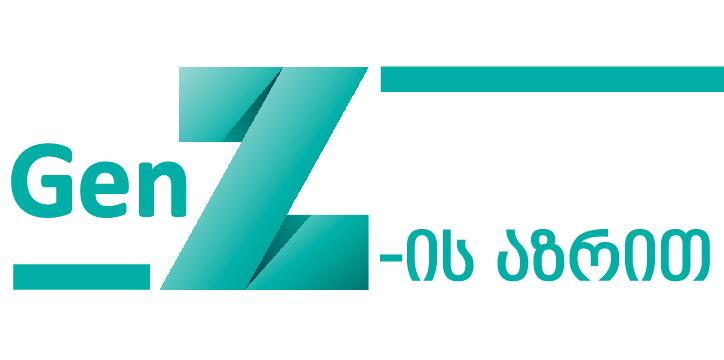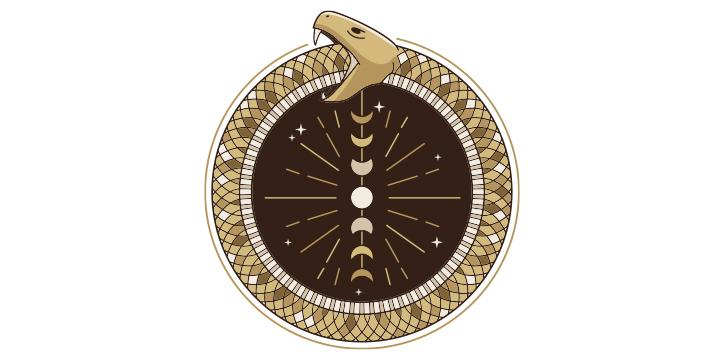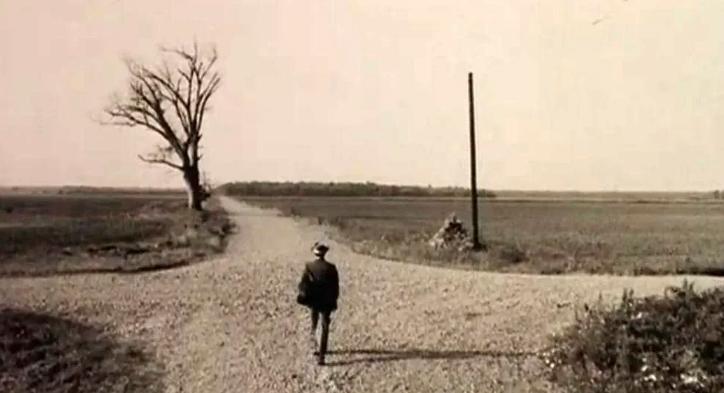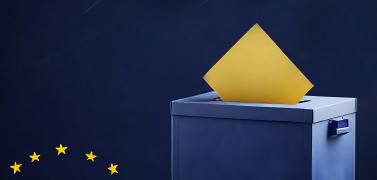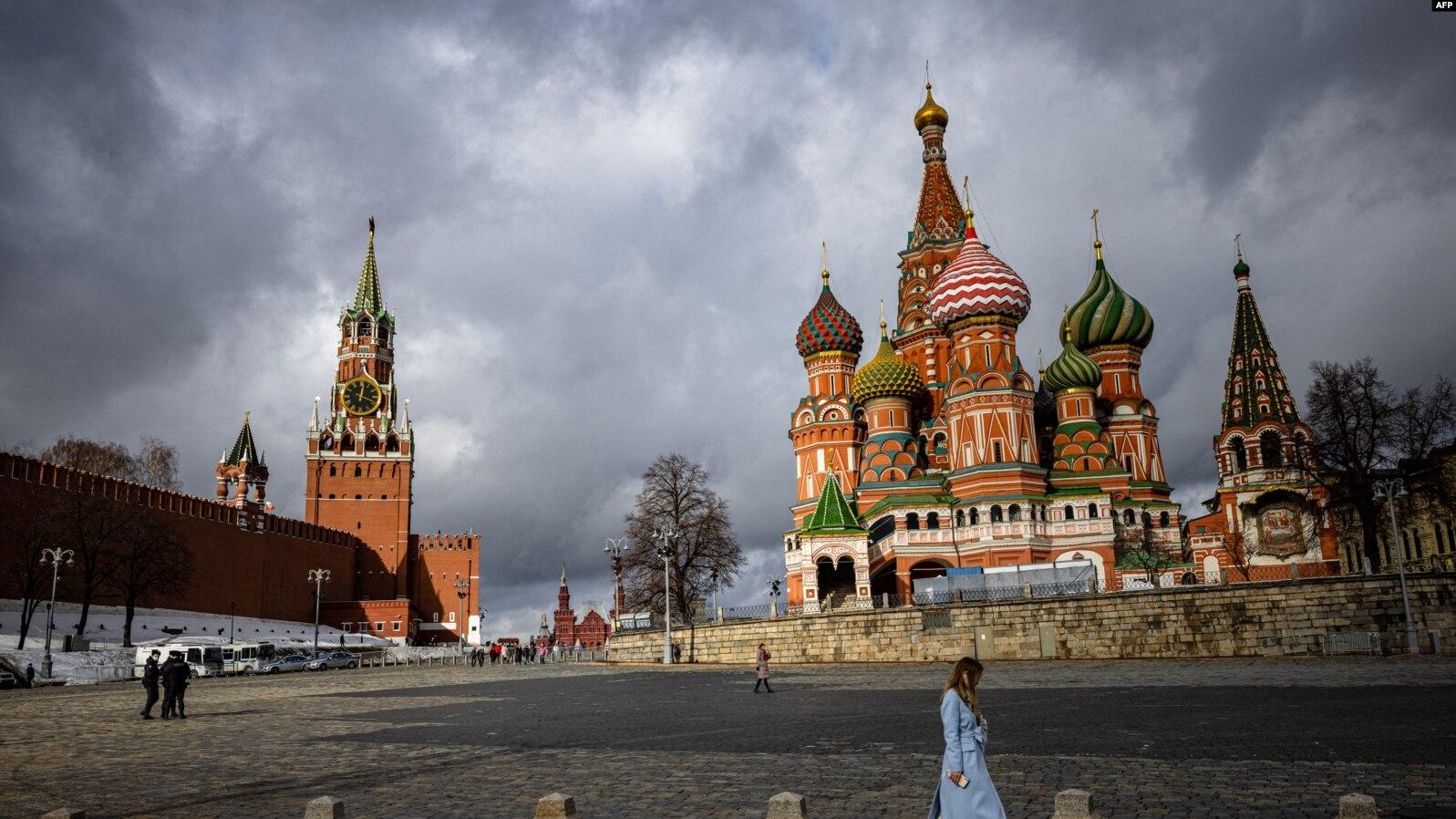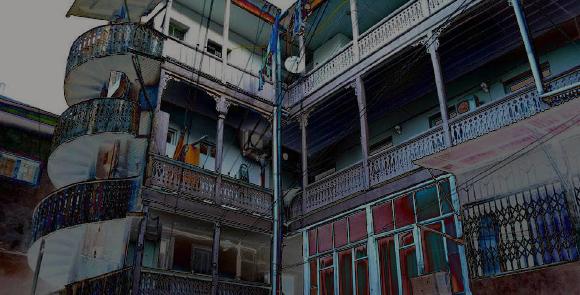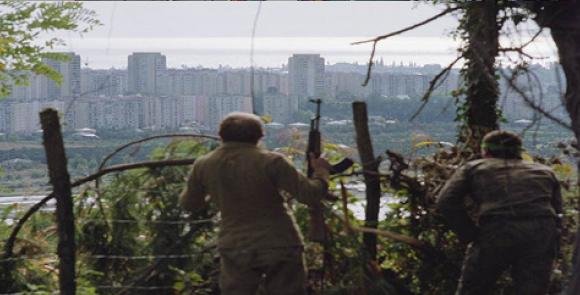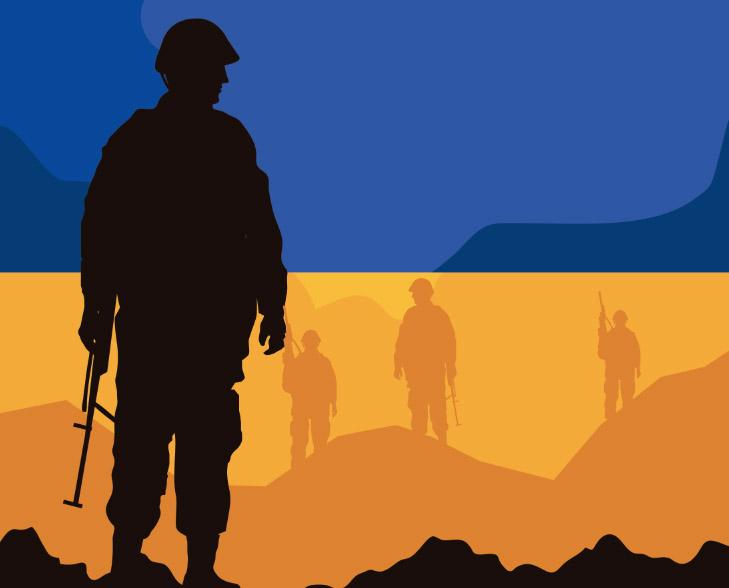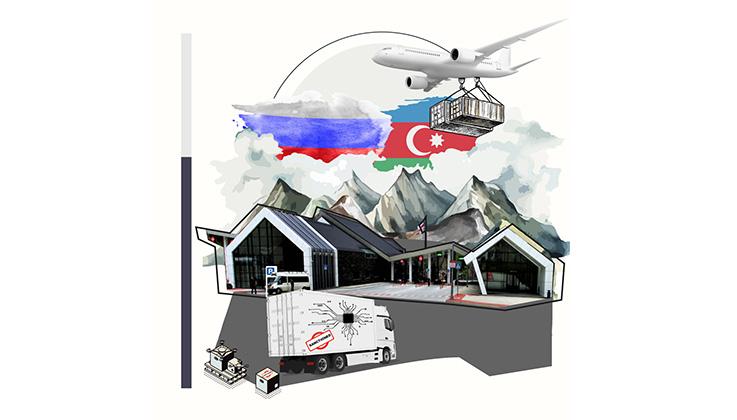Author : Zurab Guruli
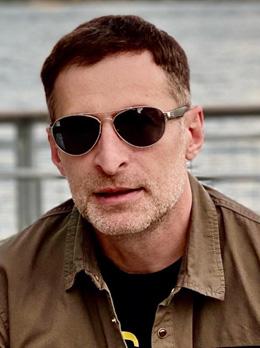
There are only a few days left until the October 26 election. For some time, I have been contemplating whether it would be worth speculating about the possible results. What would this change, and what would be the point of reiterating what has already been discussed countless times? In reality, the die has already been cast. Georgia must decide its fate through this election. Although the country has endured numerous internal conflicts, destruction, and bloodshed on political grounds, elections represent the only logical path through which to settle disputes.
The political “battlefield” has been set out, and basic civic-patriotic duty calls on every conscious citizen to do everything possible to secure victory. I can now roughly imagine how Giorgi Saakadze felt when the Georgians ignored his sensible plan and rushed into the Marabda Valley to fight the Kizilbashs. It is of course difficult to act against one’s own reason, but there are times when it becomes necessary.
Victory has its own axiomatic regularities and rules. The philosopher Sun Tzu, author of The Art of War, famously wrote: “Victorious warriors win first and then go to war, while defeated warriors go to war first and then seek to win.” The question the Georgian opposition should be asking itself today is: “Are we entering this battle as victors?”
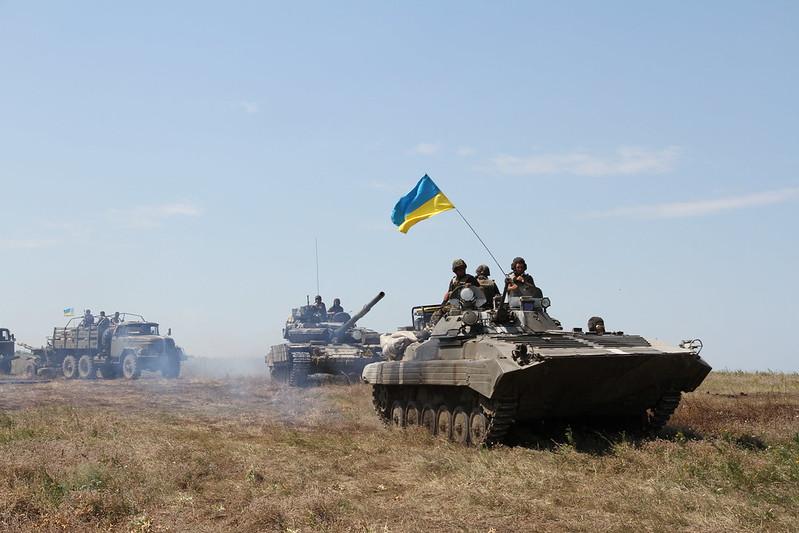
The reigning government’s “choose peace” slogan is indeed a resonant one. If you oppose it, you are condemned for apparently wanting war. While war and peace are concrete, existential conditions, concepts such as dignity, conscience, self-respect, and shame are all more abstract and symbolic. Ultimately, the latter qualities stand little chance against the force of primitive pragmatism.
Let’s examine the opposition’s main slogan: “We want Europe!” The Georgian Dream has not rejected this slogan, and instead occupied it as its own. Consequently, the opposition was left without a compelling slogan. In somewhat graphic terms, the Georgian Dream grabbed the slogan, chewed it up, and, ultimately, turned it into excrement. In such developments, the basic mechanisms of social-psychological marketing management can be found. No abstract concept can successfully counter concrete realities. Understanding this fact should not be unthinkable to any mindful Georgian. It does not imply, however, that the Georgian nation is worth less than others. Indeed, similar crises of values are happening worldwide.
“Ukrainians will never, ever agree to stop fighting. Why should anyone in today’s world impose on us the brutal reality of a colonial past instead of a normal, peaceful life?” This statement by President Zelensky at the UN General Assembly carries similar weight to Emperor Haile Selassie’s address to the League of Nations in 1936 where, protesting the Italian annexation of Abyssinia, he warned: “It is us today, it will be you tomorrow!”
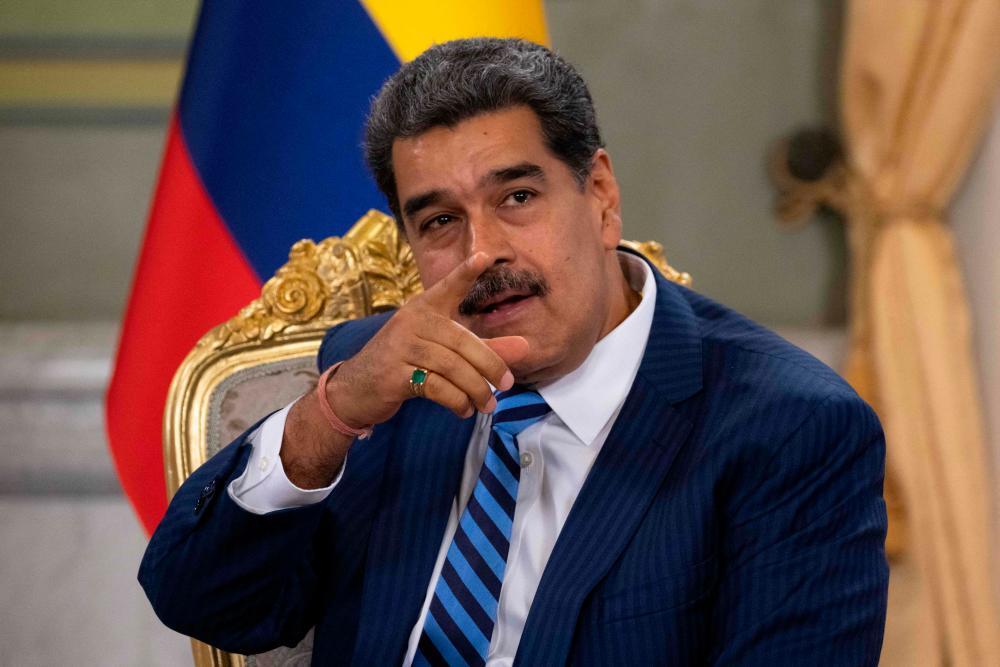
It may be decades before we fully realize that Ukraine is actively pursuing ideological and political catharsis on a global scale. Ukraine is dismantling a deeply entrenched ideology of Western conformism that has become comfortable. Today, Ukraine is under tremendous psychological pressure to somehow restore the global conformist balance. It is fighting primarily for its own survival. If Zelensky’s nerves eventually give way and he compromises, Ukraine’s future will be jeopardized: possibly civil war, and perhaps even complete degradation.
The future can be predicted through reasonable analysis of the past, and that is precisely why we study history. In fact, we have many recent examples to draw from.
A case worth examining here is Venezuelan opposition leader Juan Guaidó. At one point, the leading countries of the world recognized him as president. The United States and the United Kingdom welcomed him warmly. Yet, the incumbent Nicolás Maduro rallied his supporters, the military, and the police—and he won. This is despite turning potentially one of the world’s richest countries into a nation of beggars, stealing the futures of his own people. Whether by force or by choice, he was elected by the very people whose futures he robbed.
How has the world reacted? Initially it was hesitant, but then it got used to it. Spain, Brazil, and Colombia soon re-established official political and economic relations with the Maduro government, and others followed suit.
Meanwhile, the case of Afghanistan exemplifies that not all societies have the same potential for development. The world’s leading democracies tried for 20 years to transform Afghanistan, but eventually gave up. “After 20 years of war, I refuse to send a new generation of America’s children to Afghanistan,” said President Biden, leaving the Afghan people to the rule of the Taliban.
Poverty, hopelessness, illiteracy, and primitivism have all led to the aggressive proliferation of religion, with a distorted pseudo-religion becoming the only means of self-expression for desperate people. Does this mean Afghans are not brave? Of course, not - this is a warrior nation.
Despite these claims, official statistics and our investigation reveal that sanctioned goods have crossed Georgia’s borders. Today, seemingly according to the will of the country’s people, Afghanistan has no future. And it appears that there is no foreign political-military force that can change the desire of the Afghans and the nation is therefore doomed.
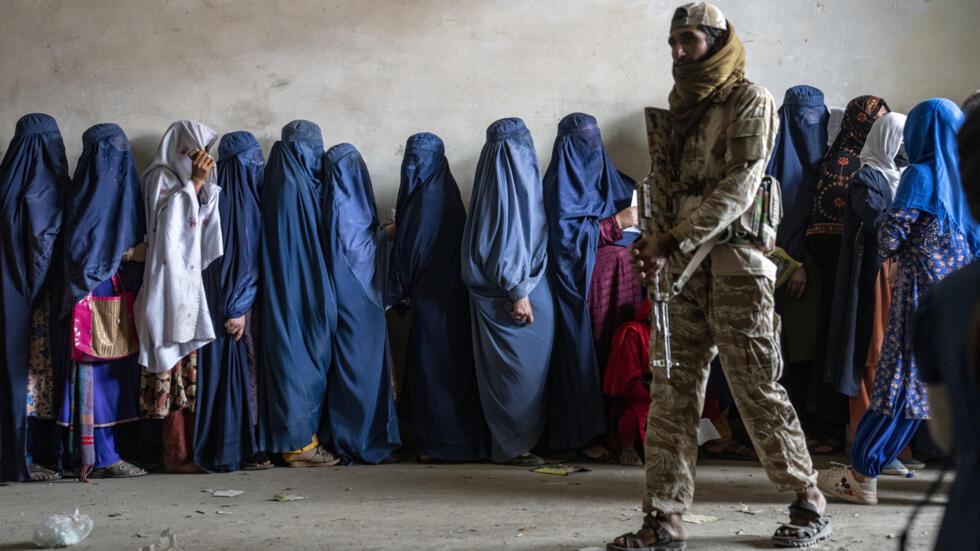
What has caused this tragedy?
The answer is simple – cowardice.
Where good is cowardly, evil cannot be eradicated. For 20 years, Westerners tried in vain to create an army of Afghans, but even battalions armed to the teeth proved powerless against the primitive and stubborn Taliban. That is why Afghanistan belongs to them.
What are Georgia’s chances of becoming a true democracy? Can Georgian society overcome the dominance of classical Russian primitivism in its own bosom? If not, what is the price of such domination? And what price is Ukraine paying today to get out of the Russian orbit and join European society forever, and is it worth paying? What do we lack? Intelligence or courage? Or do we just need to show greater courage in our intellect? Is there such a thing as cowardly and courageous intellect? What is the essence of the Georgian nation today?
What’s the point of speculating about unanswerable questions and an obscure international review? The point is to go into the October 26 election in a victorious mindset and to understand fully the consequences of defeat. If we can do that, we will believe in ourselves and make others believe that we are facing a truly existential risk. The international review here describes the context in which we now find ourselves. Without knowing that, it would be impossible to perceive reality correctly. Unfortunately, our current context is harsh and ruthless.
Taking a close look at President Zelensky, he seems to have aged 20 years in two years.
That and many other factors lead us to wonder whether abstract notions can prevail over concrete ones.
They can, but on one condition - the dimension or the reality must be changed, or, rather, a new one must be created. You can only create a new reality if you refuse to play by the rules of the current reality created by your opponent. You must step out of their game, and invent and create a new game of your own.
“Victory has many fathers, but defeat is an orphan” was how President Kennedy paraphrased Tacitus’ admonition. And it’s true. If the Georgian opposition wins, the country will remain in the family of civilizations, but if it loses, it will be cast aside and isolated.
